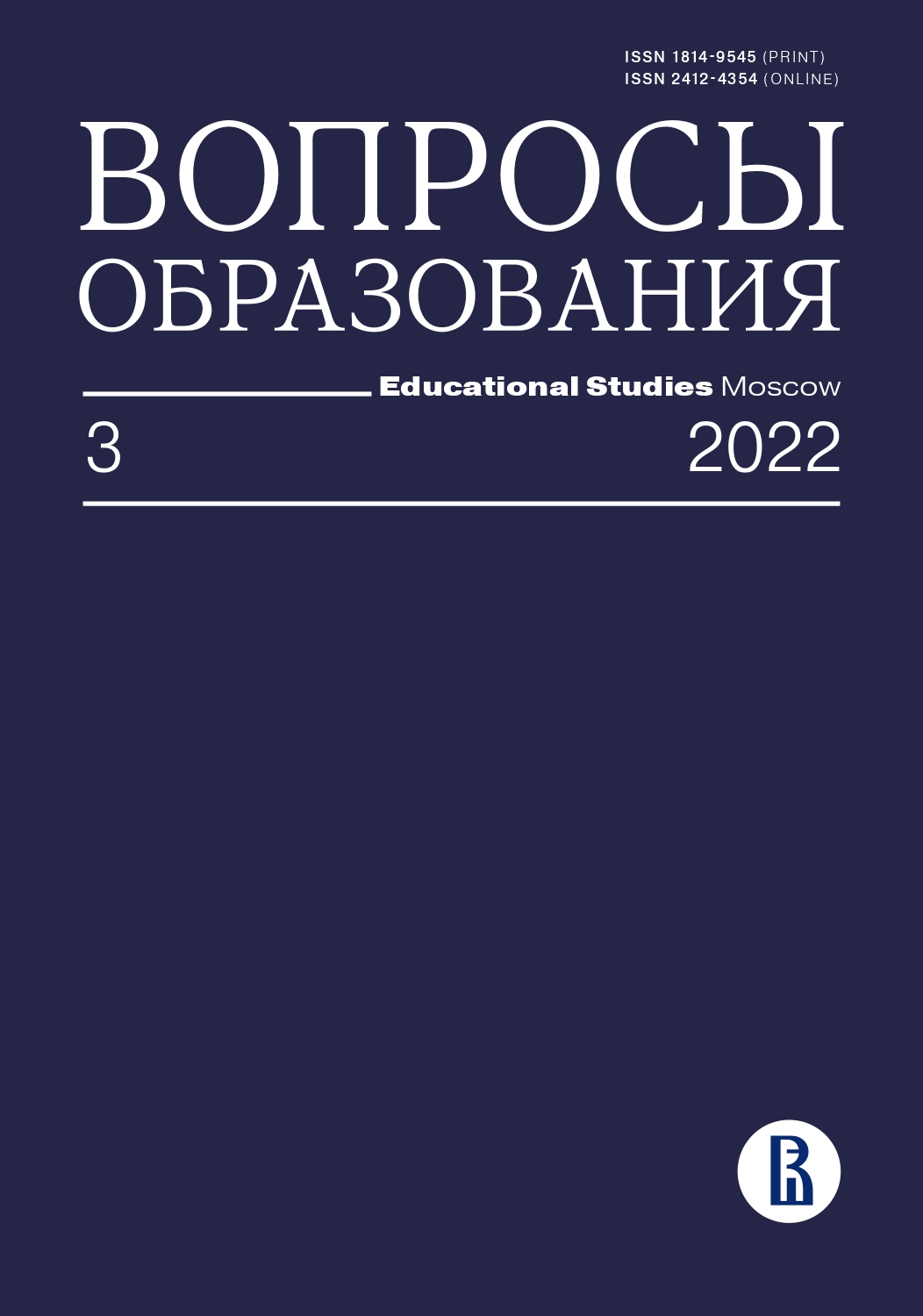Проблемы измерения интеллектуального капитала и его вклада в экономический рост
Рецензия на книгу Э. Ханушека и Л. Вёссманна «Интеллектуальный капитал в разных странах мира. Образование и экономическая теория роста»
Аннотация
Э. Ханушек и Л. Вёссманн анализируют взаимосвязь между экономическим ростом стран и запасом интеллектуального капитала, которым они располагают. Основной тезис, который выдвигается и обсуждается в книге, состоит в том, что уровень интеллектуального капитала является одним из ключевых предикторов экономического развития. Однако для того, чтобы проверить этот тезис эмпирически, необходимо правильно измерить запасы этого капитала. Авторы предлагают собственную методику измерения интеллектуального капитала, основанную на результатах международных исследований успеваемости школьников. Эта методика значительно отличается от использовавшихся ранее подходов, в рамках которых запас интеллектуального капитала аппроксимировался средней продолжительностью обучения в стране. Измеряя интеллектуальный капитал через агрегирование результатов международных исследований образовательных достижений, авторы предполагают, что на экономический рост стран влияет не продолжительность обучения, а его результативность, т. е. средний уровень когнитивных навыков населения. Использование предложенного авторами показателя интеллектуального капитала при моделировании экономического развития позволяет объяснить различия в темпах экономического роста в разных группах стран, а также определить инструменты государственной политики в области образования, использование которых может ускорить темпы экономического роста.
Скачивания
Литература
Angrist J.D., Imbens G.W., Rubin D.B. (1996) Identification of Causal Effects Using Instrumental Variables. Journal of the American Statistical Association, vol. 91, no 434, pp. 444-455. https://doi.org/10.1080/01621459.1996.10476902
Arellano M., Bond S. (1991) Some Tests of Specification for Panel Data: Monte Carlo Evidence and an Application to Employment Equations. The Review of Economic Studies, vol. 58, no 2, pp. 277-297. https://doi.org/10.2307/2297968
Arellano M., Bover O. (1995) Another Look at the Instrumental Variable Estimation of Error-Components Models. Journal of Econometrics, vol. 68, no 1, pp. 29-51. https://doi.org/10.1016/0304-4076(94)01642-D
Becker G.S. (1964) Human Capital: A Theoretical and Empirical Analysis, with Special Reference to Education. Chicago: University of Chicago.
Benhabib J., Spiegel M.M. (2005) Human Capital and Technology Diffusion. Handbook of Economic Growth (eds Ph. Aghion, S. Durlauf), Amsterdam: North Holland, vol. 1, pp 935-966. https://doi.org/10.1016/S1574-0684(05)01013-0
Cunha F., Heckman J. (2007) The Technology of Skill Formation. NBER Working Paper no 12840. https://doi.org/10.3386/w12840
Cunha F., Heckman J.J., Lochner L., Masterov D.V. (2006) Interpreting the Evidence on Life Cycle Skill Formation. Handbook of the Economics of Education (eds E.A. Hanushek, F.Welch), Amsterdam: North Holland, vol. 1, pp. 697-812. https://doi.org/10.1016/S1574-0692(06)01012-9
Hanushek E.A. (2002) Publicly Provided Education. Handbook of Public Economics (eds A.J. Auerbach, M. Feldstein), Amsterdam: North Holland, vol. 4, pp. 2045-2141. https://doi.org/10.3386/w8799
Hanushek E.A., Woessmann L. (2010) Education and Economic Growth. Economics of Education (eds D.J. Brewer, P.J. McEwan), Amsterdam: Elsevier, pp. 60-67. https://doi.org/10.1016/B978-0-08-044894-7.01227-6
Mankiw N.G., Romer D., Weil D.N. (1992) A Contribution to the Empirics of Economic Growth. The Quarterly Journal of Economics, vol. 107, no 2, pp. 407-437. https://doi.org/10.2307/2118477
Mincer J. (1974) Schooling, Experience, and Earnings. New York: National Bureau of Economics Research.
Moretti E. (2004) Estimating the Social Return to Higher Education: Evidence from Longitudinal and Repeated Cross-Sectional Data. Journal of Econometrics, vol. 121, no 1-2, pp. 175-212. https://doi.org/10.1016/j.jeconom.2003.10.015
North D.C. (1981) Structure and Change in Economic History. New York: Norton.
Solow R.M. (1999) Neoclassical Growth Theory. Handbook of Macroeconomics (eds J.B. Taylor, M. Woodford), Amsterdam: Elsevier, vol. 1, pp. 637-667. https://doi.org/10.1016/S1574-0048(99)01012-5








